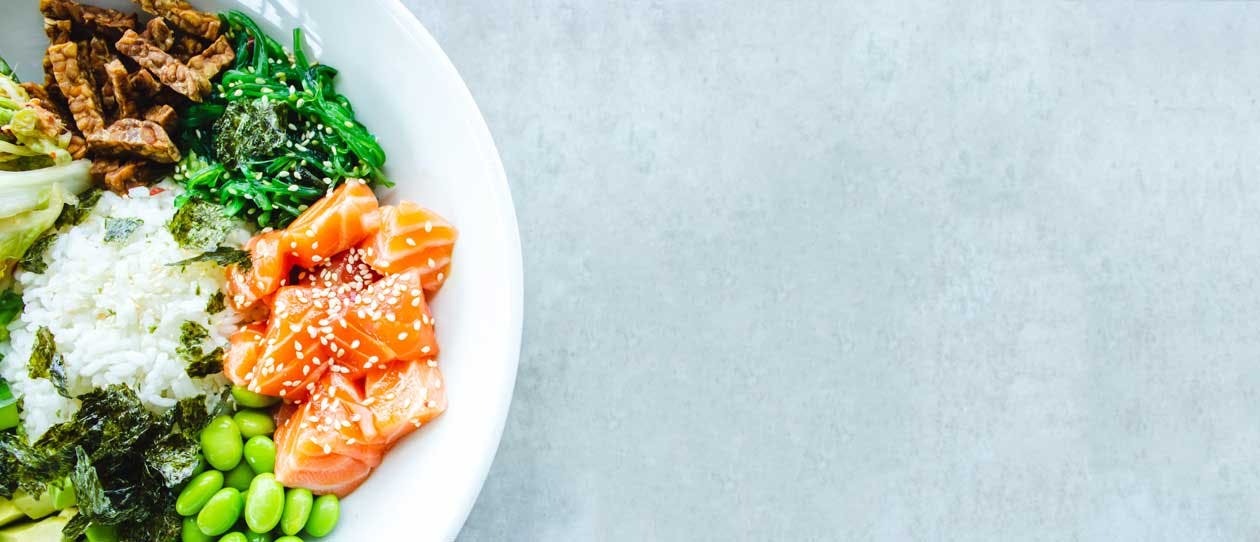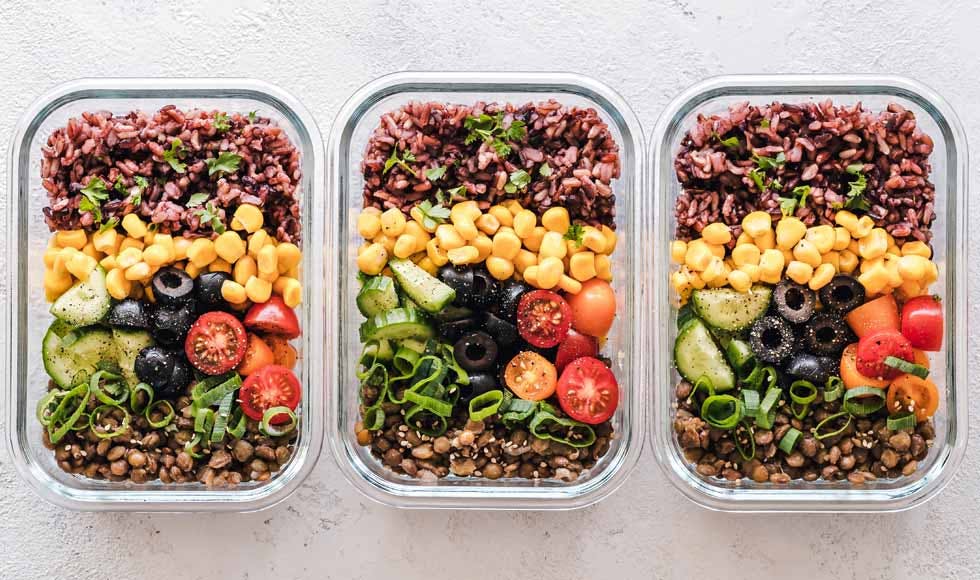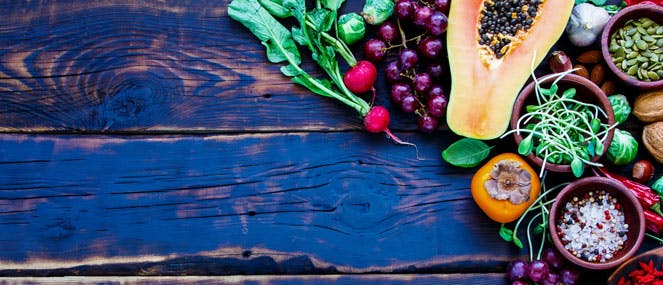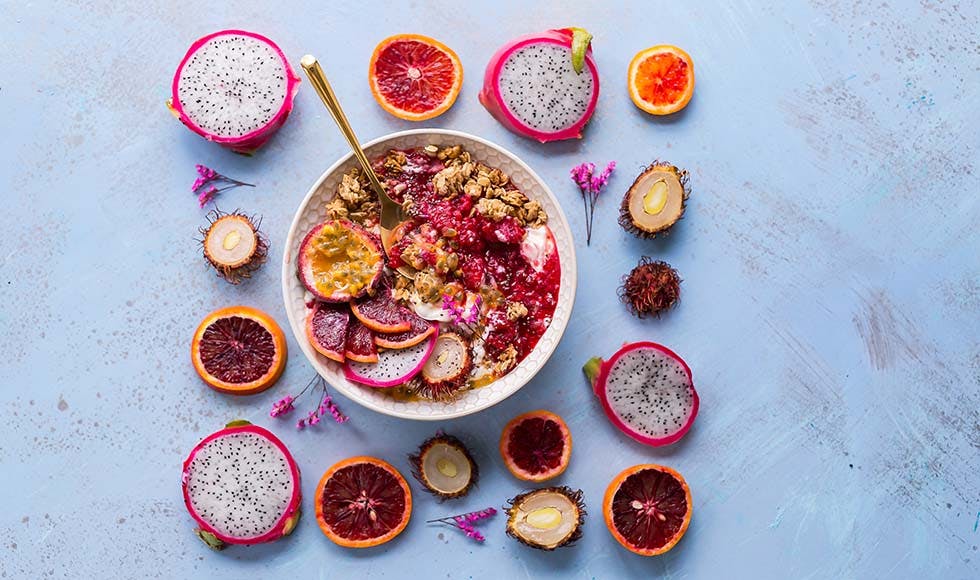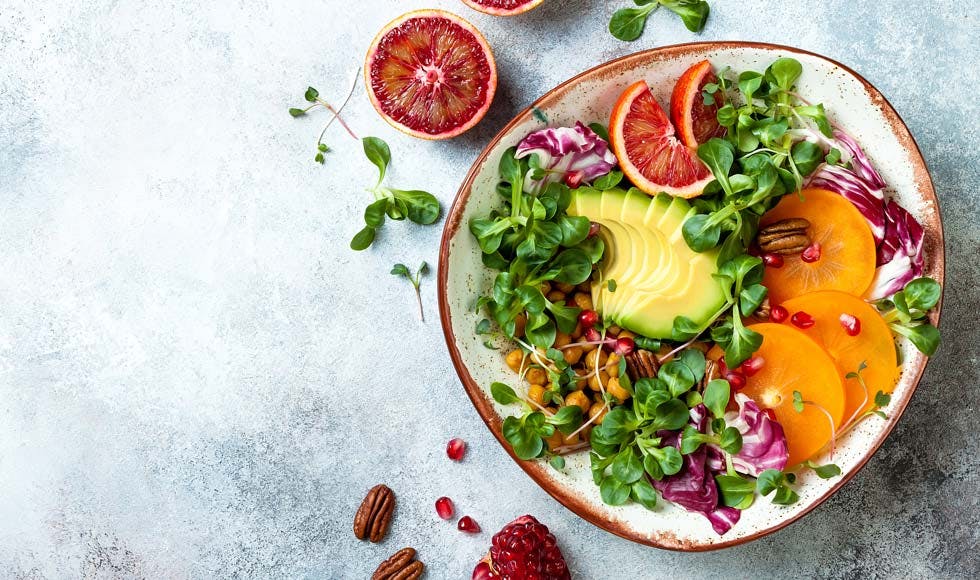A few different parts of the body are made from protein, including your brain cells, muscles, skin, hair and nails. In fact, it’s estimated that about half of the human body’s dry weight is made up of protein.
Facts like that give you an inkling of why eating enough protein is important.
But not only is there more to understand than that, not all types of protein are created equal, and
recent research suggests that if you’re trying to lose weight, you should be eating more of it than first thought.
Here’s what you need to know.
What is protein, anyway?
Proteins are made up of chemicals called amino acids. During the digestion process, food sources of protein are broken down and split up into their separate amino acids, which are then absorbed into the bloodstream and taken to the liver.
There are 20 different amino acids and while the human body can make 11 of them itself, the other nine must be supplied through the food we eat. These are called essential amino acids.
Why does your body need it?
The essential amino acids that dietary proteins contain allow the body’s cells to grow and repair and are vital for building and maintaining muscle.
Amino acids are also the building blocks of a range of other compounds in the body – things like adrenalin and serotonin (the neurotransmitter that’s often called the ‘happy chemical’ thanks to the role it plays in wellbeing and mood).
Plus, while
carbohydrates are the body’s preferred source of fuel, about 10 per cent of the energy your body needs to function comes from protein.
Which foods provide protein?
A range of different foods are good sources of protein, including:
- Lean meat (100g cooked steak contains 30g of protein)
- Lean poultry (100g cooked chicken breast contains 31g of protein)
- Fish (100g cooked snapper contains 25g of protein)
- Eggs (1 large hard-boiled egg contains 5.5g of protein)
- Dairy products (200g tub of plain, low-fat yoghurt contains 14g of protein)
- Nuts (15 almonds contain 3.5g of protein)
- Beans and legumes (1 cup of cooked lentils contains 13.5g of protein)
- Tofu (100g contains 8g of protein)
It’s worth noting that while animal products, including dairy foods, and soy products are ‘complete proteins’ because they contain all nine essential amino acids, plant proteins usually lack at least one of those amino acids.
Vegetarians and vegans following a plant-based diet need to eat a variety of protein sources each day, to make sure they’re getting the right mix of amino acids.
How much protein should you eat?
Official guidelines say women should eat 0.75g of protein per kilogram of bodyweight every day, and men 0.84g of protein per kilogram of bodyweight every day (increasing to 1g for both men and women over the age of 70).
But recently, experts have questioned whether that’s enough, particularly once you’ve celebrated your 60th birthday or if you’re trying to lose weight, which often triggers muscle loss along with fat loss.
In fact, according to a
2018 CSIRO report, for weight loss, eating between 1.2g and 1.6g of protein per kilogram of bodyweight, and making sure all three daily meals contain at least 25g of protein, is a good strategy, one that helps the weight shift while preserving muscle mass at the same time.


